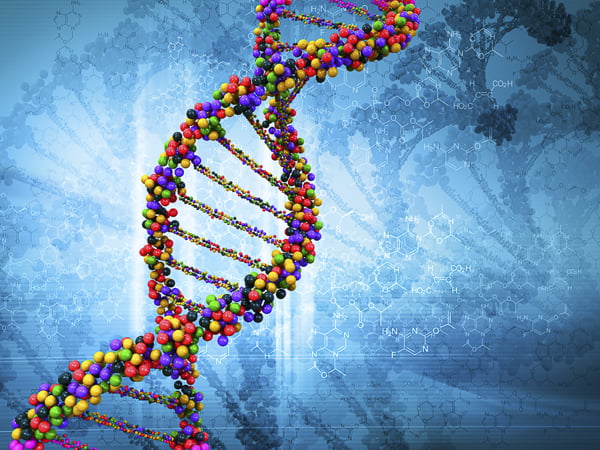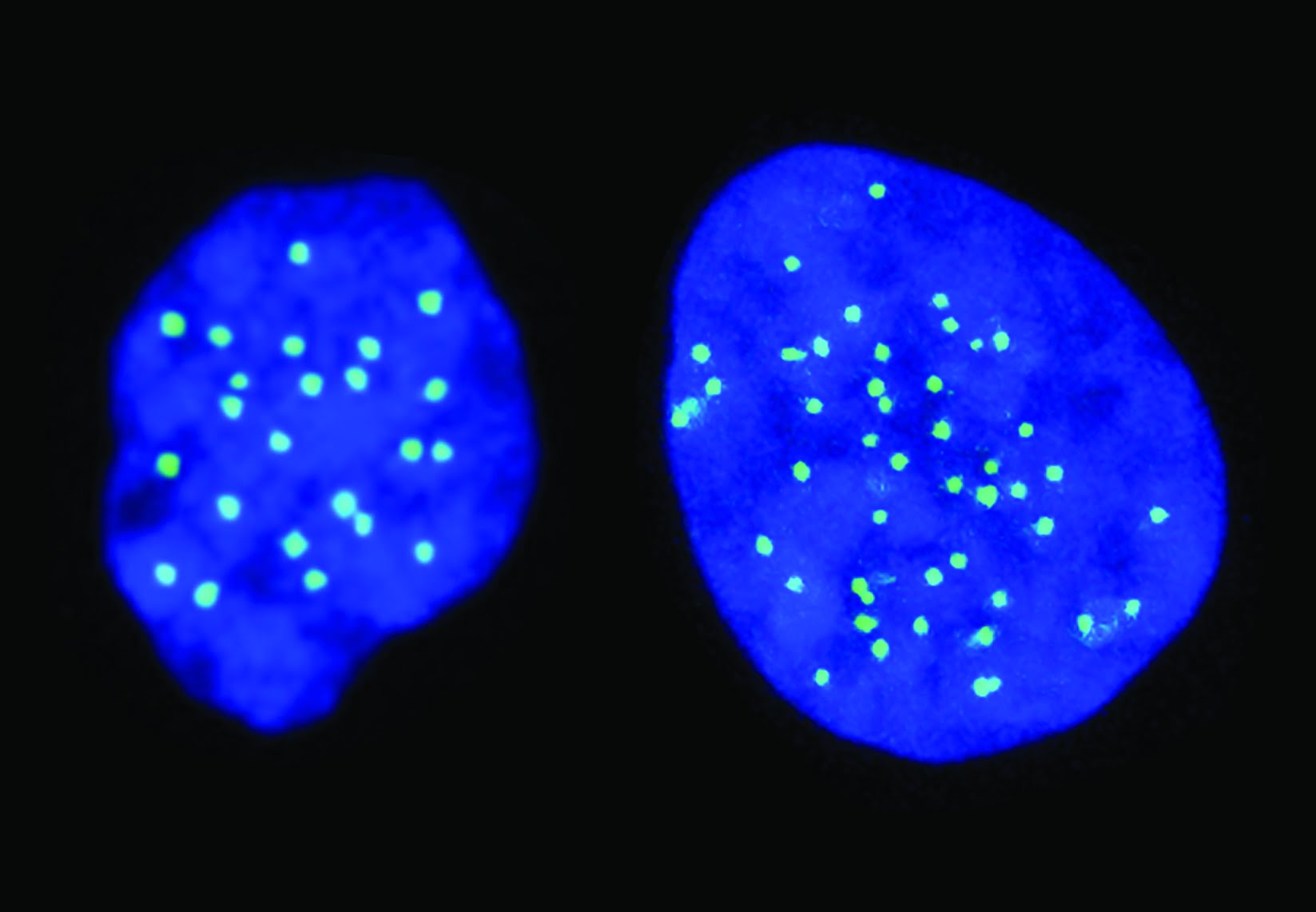In what many call a breakthrough discovery, Israeli and American scientists have succeeded in generating a new type of embryonic stem cell that carries a single copy of the human genome, instead of the two copies typically found in normal stem cells. These stem cells are the first human cells capable of cell division with just one copy of the parent cell’s genome.
SEE ALSO: Study Finds Precious Stem Cells Are Assigned ‘Bodyguard’ Cells
Human cells are considered ‘diploid’ because they inherit two sets of chromosomes, 46 in total: 23 from the mother and 23 from the father. The only exceptions are reproductive (egg and sperm) cells, known as ‘haploid’ cells because they contain a single set of 23 chromosomes. These haploid cells cannot divide to make more eggs and sperm. Previous efforts to generate embryonic stem cells using human egg cells resulted in diploid stem cells.
One set of chromosomes is enough
In this study, however, scientists from The Hebrew University of Jerusalem, Columbia University Medical Center and The New York Stem Cell Foundation Research Institute triggered unfertilized human egg cells into dividing. They then highlighted the DNA with a fluorescent dye and isolated the haploid stem cells, which were scattered among the more populous diploid cells. The scientists recently published their findings in the prestigious scientific journal Nature.
The researchers showed that these haploid stem cells were pluripotent, meaning they were able to differentiate into many other cell types, including nerve, heart, and pancreatic cells – while retaining a single set of chromosomes.
An important impact on medical research
Sign up for our free weekly newsletter
Subscribe“This study has given us a new type of human stem cell that will have an important impact on human genetic and medical research,” Dr. Nissim Benvenisty of the Hebrew University, who co-led the study, said in a statement. “These cells will provide researchers with a novel tool for improving our understanding of human development, and the reasons why we reproduce sexually, instead of from a single parent.”
Since there are two copies of each gene, it has been challenging for researchers to locate and edit mutations that could lead to disease. With just one copy of a gene to target, haploid human cells could constitute a powerful tool for genetics, and could lead to better treatments for a host of diseases. Being able to affect single-copy genes in haploid human stem cells also has the potential to facilitate genetic analysis in biomedical fields such as cancer research and regenerative medicine.
SEE ALSO: Stem Cell Treatments Could Alleviate Asthma, Study Shows
“One of the greatest advantages of using haploid human cells is that it is much easier to edit their genes,” according to Dr. Ido Sagi of the Hebrew University, who co-led the study. “In diploid cells, detecting the biological effects of a single-copy mutation is difficult, because the other copy is normal and serves as ‘backup.’”
A cure for genetic diseases
Since the stem cells described in this study were a genetic match to the egg cell donor, they could also be used to develop cell-based therapies for diseases such as blindness, diabetes, or other conditions in which genetically identical cells offer a therapeutic advantage. Because their genetic content is equivalent to germ cells, they might also be useful for reproductive purposes.
Photos and video: The Hebrew University of Jerusalem, Columbia University Medical Center, Margiriss
Related posts

Israeli Medical Technologies That Could Change The World

Harnessing Our Own Bodies For Side Effect-Free Weight Loss

Missing Protein Could Unlock Treatment For Aggressive Lung Cancer





Facebook comments